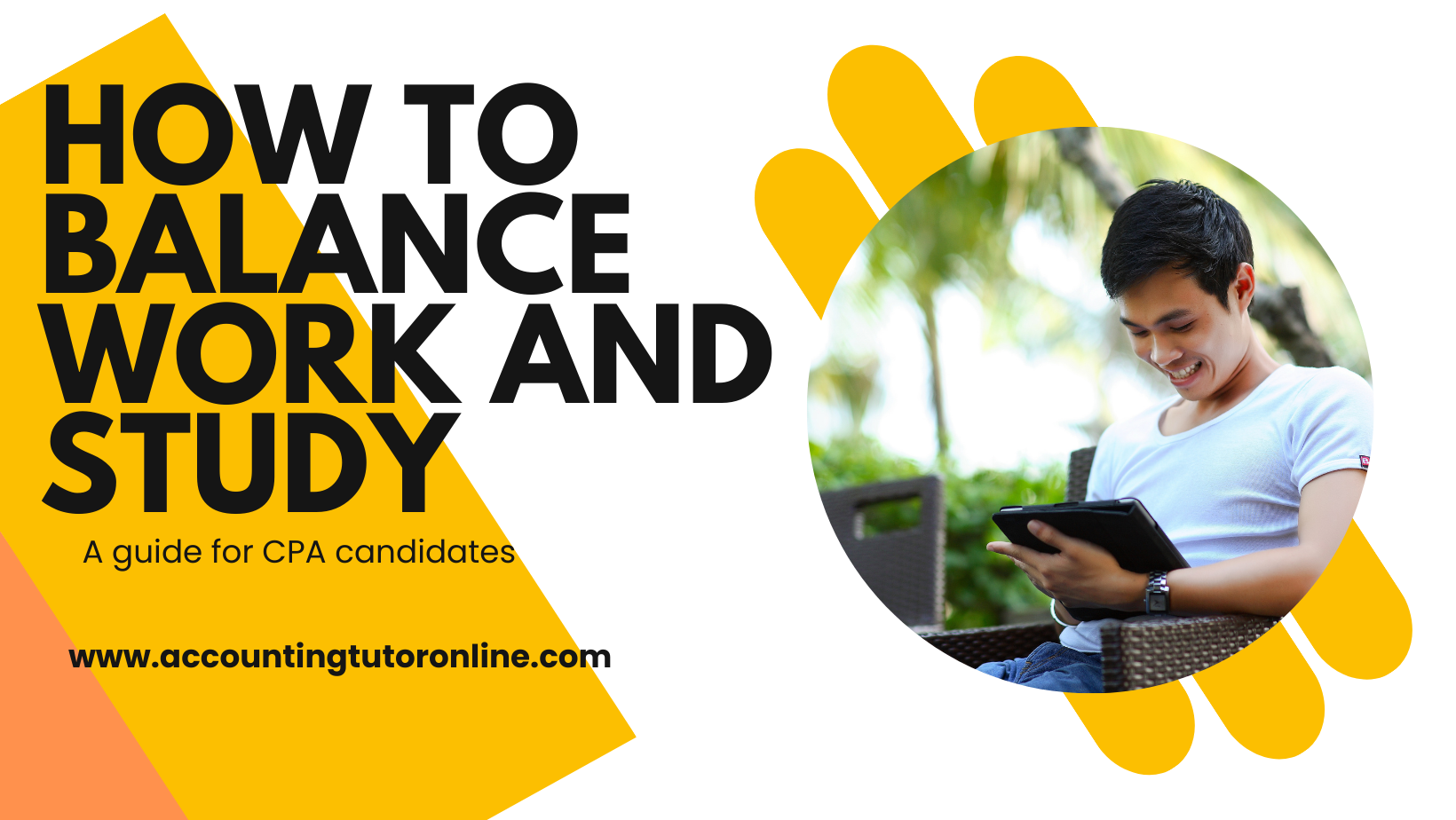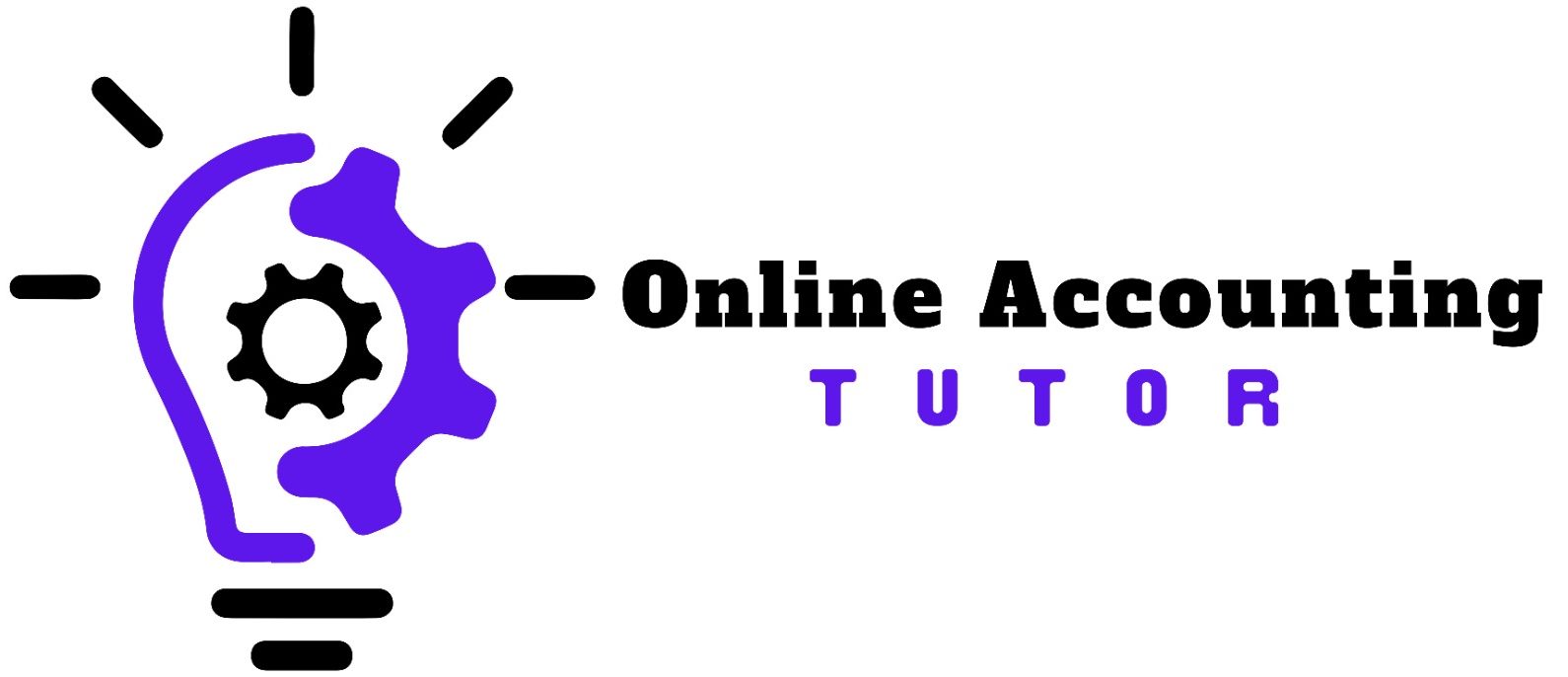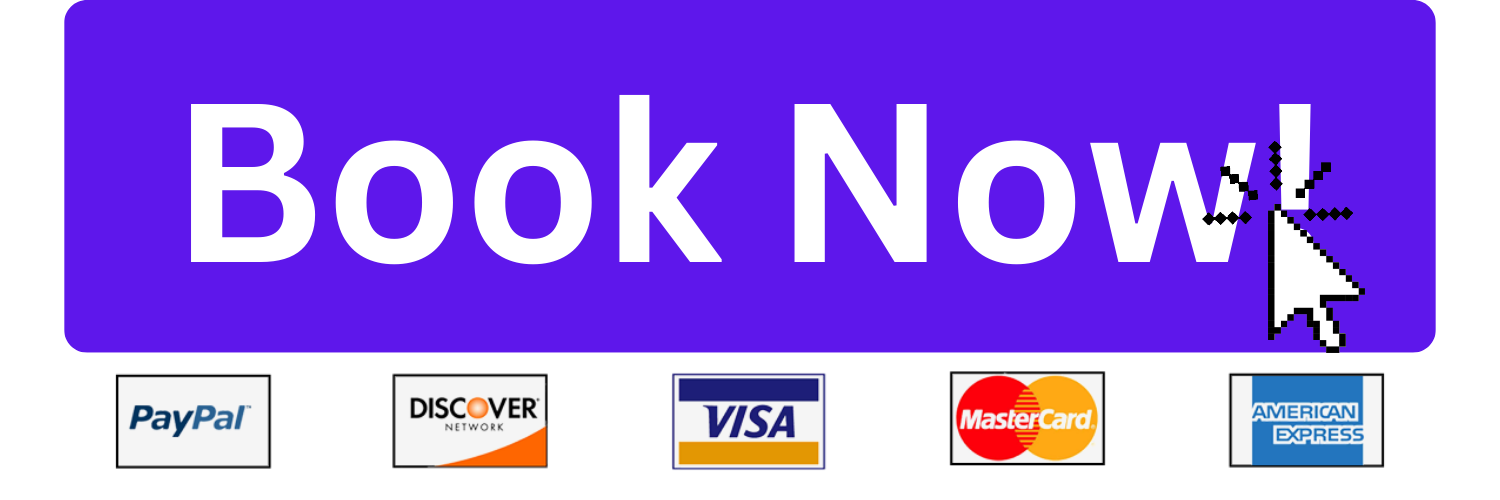
Ways to Balance Work and Study
The challenge of managing a professional career, personal commitments, and studying for the CPA (Chartered Public Accountant) exam is a complex balancing act. Our guide is designed to help CPA candidates navigate this journey with practical strategies and insights, ensuring a successful and balanced approach.
CPA Preparation
The CPA exam is notoriously rigorous, requiring extensive preparation. Balancing this with full-time employment and personal responsibilities is more than a time management challenge; it involves strategic planning, consistent motivation, and effective stress management.
Understanding Task Prioritization
Willie, a seasoned CPA and accounting tutor, illustrates task prioritization with a unique analogy of pebbles and water in a jar. The ‘pebbles’ represent crucial tasks like CPA studies and key work projects, whereas the ‘water’ symbolizes less critical, day-to-day activities. This metaphor highlights the necessity of focusing on significant tasks that align with your long-term goals. If you put in the water first, there will be no space for the more important tasks(the pebbles) but if you put in the pebbles first, then you can add the water later because there is still space within the pebbles.
Strategic Long-Term Planning
Setting Clear, Achievable Annual Goals
Begin by envisioning your desired achievements for the year, encompassing professional, educational, and personal areas. This vision lays the foundation for your strategic plan.
Translating Goals into Actionable Plans
Break down your annual goals into manageable monthly objectives. Further distill these into weekly and daily tasks, ensuring consistent progress towards your goals.
Daily Planning
Utilizing Daily Planners for Task Management
Employ a daily planner to allocate time effectively, visualize your day, and track your accomplishments. Categorize tasks into essential (‘must-dos’) and optional (‘nice-to-dos’) to maintain focus on high-impact activities.
The Power of Routine and Rituals in Enhancing Productivity
Establishing Structured Routines
Dedicate specific times for CPA study, work, and personal activities. Consistent routines help to create a structured environment conducive to productivity.
Creating Productive Rituals
Develop rituals that signal the beginning of focused study or work time, such as a specific study area or a pre-study routine, to mentally prepare for the task at hand.
Integrating Aspects of Life
Applying CPA Studies in Professional Settings
Utilize insights and knowledge from your CPA studies in your workplace, thereby making your learning more practical and relevant.
Enriching CPA Learning with Personal Experiences
Draw on personal experiences to enhance your understanding of CPA concepts, creating a more integrated and engaging learning process.
Embracing Technology and Resources for Efficient Learning
Embracing Digital Platforms for CPA Prep
The online world is filled with valuable resources for CPA candidates. From detailed courses to practice exams, these digital tools are designed to fit different learning styles and schedules.
Top Online CPA Study Options
- Structured Online Courses: Sites like Becker CPA Review and Wiley CPAexcel offer courses that are similar to the actual CPA exam, helping you get used to the format.
- Study Apps: Mobile apps like UWorld Roger CPA Review offer practice questions and flashcards, perfect for studying anytime, anywhere.
Participating in Online CPA Communities
- Forums and Discussion Groups: Join online platforms like Another71 to share study tips and get support from others who are also preparing for the CPA exam.
- Webinars and Online Workshops: Watch online events from CPA organizations for expert advice and the latest updates on the CPA exam.
Transform Commute and Downtime into Learning Sessions
Podcasts for the CPA Journey
Turn your commute into study time by listening to CPA-related podcasts. These offer a blend of tips, interviews, and insights about the CPA exam.
Audiobooks for Broader Learning
Listen to audiobooks about accounting and finance. They help you understand complex topics and add depth to your CPA exam preparation.
Learning in Daily Life
- Active Learning: Listen to educational content while exercising or doing chores, making these everyday activities productive.
- Visual Learning with Videos: Check out CPA-related videos on YouTube for a visual approach to understanding tough topics.
Stress Management and Self-Care
Make Time for Regular Exercise
Exercise isn’t just good for your body; it’s also crucial for your brain. Whether it’s a morning jog, a lunchtime yoga session, or a simple walk after dinner, regular physical activity can significantly reduce stress and improve focus. Try to fit in at least 30 minutes of exercise most days of the week.
Practicing Mindfulness and Meditation
Meditation can be a powerful tool in managing stress. Spending just a few minutes in meditation each day can bring about calm and clarity. There are many apps and online resources available to help you get started. Even during a busy day, take short breaks to practice deep breathing or mindfulness exercises.
Engaging in Fun Hobbies
Make time for activities that bring you joy and relaxation. Whether it’s gardening, painting, cooking, or playing a musical instrument, hobbies can provide a much-needed break from the routine of study and work, helping to refresh your mind.
Incorporating Relaxation Techniques
Simple relaxation techniques, like deep breathing or progressive muscle relaxation, can be done almost anywhere and anytime you feel stressed.
Building a Supportive Network for Accountability
Sharing Goals with Family and Friends
Talk to your family and friends about your CPA journey. Their understanding and encouragement can be a huge boost, especially during challenging times.
Join Study Groups
Connect with other CPA candidates through study groups. This not only gives you access to different perspectives and study techniques but also creates a sense of community and shared goals.
Finding a CPA tutor or Coach
Consider finding a tutor or coach who has experience with the CPA exam. Their guidance can be invaluable in navigating the study process and keeping you on track.
Staying Connected through Social Media
Join CPA-related groups on social media platforms. These online communities are great for sharing experiences, asking questions, and getting moral support from those who understand your journey. Group members can share resources, offer advice, and help each other stay motivated.
Regular Check-ins for Accountability
Set up regular check-ins with a study buddy or mentor. This keeps you accountable and can provide an opportunity to reflect on your progress and adjust your study plan as needed.
Celebrating Every Step
Embracing the Small Victories
It’s essential to acknowledge and celebrate every small step you make in your CPA journey. Whether it’s mastering a difficult accounting concept, sticking to your study schedule for the week, or just managing to balance your work and study time effectively, each of these achievements deserves recognition.
Create a Culture of Positive Reinforcement
- Personal Rewards: Treat yourself to something you enjoy, like a favorite snack or an episode of a beloved TV show, as a reward for small accomplishments.
- Sharing Success: Share your progress with friends or family. Their encouragement can be a powerful motivator.
- Reflective Journaling: Keep a journal where you note down your daily or weekly achievements. This helps in visualizing progress and maintaining focus on your goals.
Making Celebration a Habit
Integrate celebration into your routine. Set aside a few minutes each day or week to reflect on what you’ve achieved. This practice can significantly boost your morale and motivation, especially during challenging times.
Adaptability and Flexibility
Expecting the Unexpected
In life and especially in a challenging journey like preparing for the CPA exam, things won’t always go as planned. Unexpected work deadlines, personal commitments, or even changes in the CPA exam itself can disrupt your study schedule.
Strategies for Staying Flexible
- Develop a ‘Plan B’: Always have an alternative plan for your study schedule. If you miss a study session, know in advance how you’ll make up for it.
- Embracing Change: View changes and disruptions as opportunities to learn and grow. Adjusting your study methods or schedule might lead to discovering more effective strategies.
- Stress Management Techniques: Practice stress-reducing activities like deep breathing or short walks, which can help you stay calm and flexible in the face of changes.
Building Resilience
Resilience is key in adapting to changes. Remind yourself of your ability to cope with challenges and bounce back from setbacks. This mindset will not only help you navigate the CPA journey but also benefit you in your professional and personal life.
Embracing the Path to Harmonious Balance
Mastering the balance between work, personal life, and studying for the CPA exam is an evolving process that requires patience, dedication, and resilience. By prioritizing tasks, establishing effective routines, leveraging available resources, and ensuring self-care, you can navigate this challenging journey with confidence and success.
"Are you tired of struggling in accounting class? Let us make accounting easy and enjoyable for you."







